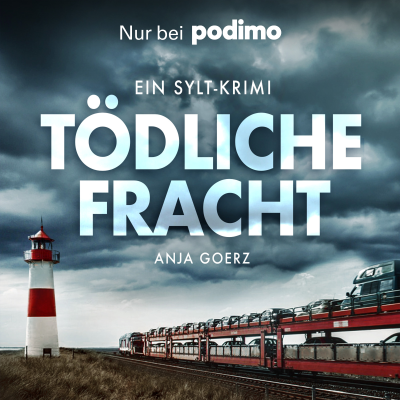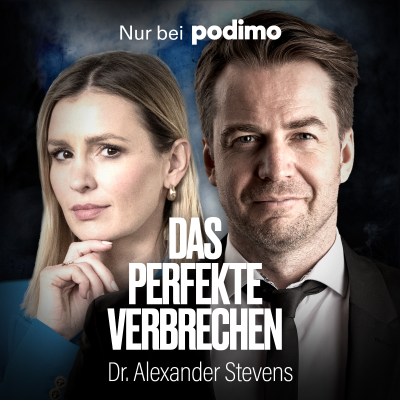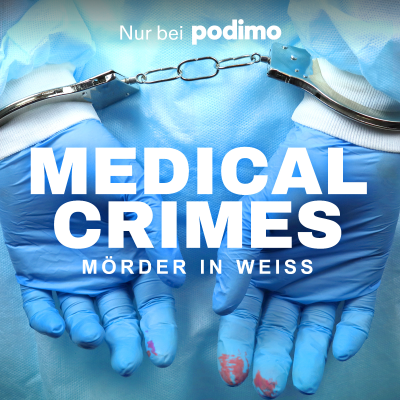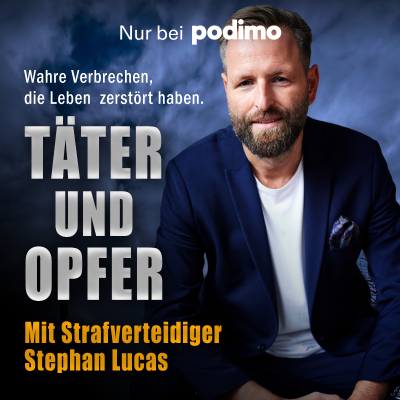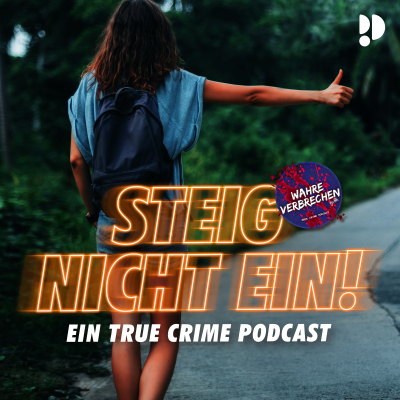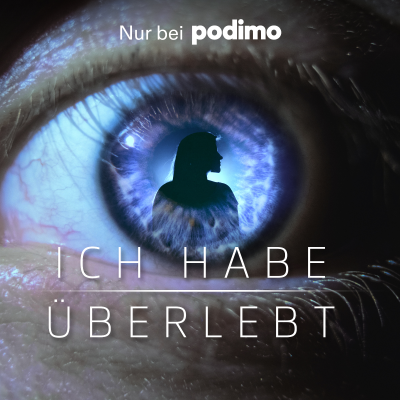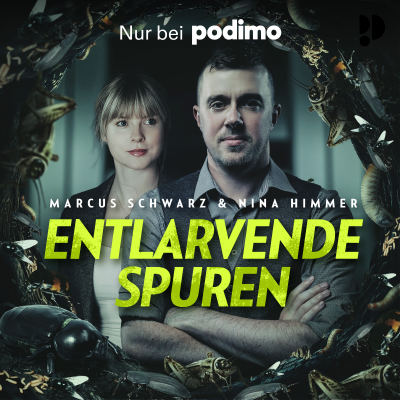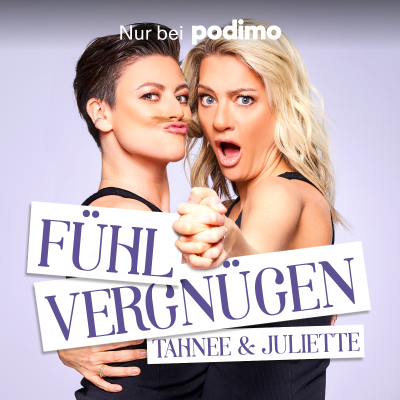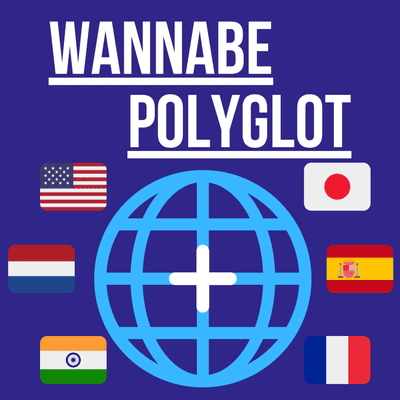
Wannabe Polyglot
Englisch
Gratis en Podimo
Kostenlos hören bei Podimo
Starte jetzt und verbinde dich mit deinen Lieblingspodcaster*innen
- Vertraut von über 1 Mio. deutschen Hörer*innen
- Über 1.000 lokale Podcasts und Shows – nur bei Podimo
- Keine Zahlung nötig
Mehr Wannabe Polyglot
Hi! I love learning languages and everything related to them— connections, unique qualities, history/evolution, and more. I'm an aspiring (or wannabe) polyglot and want to share my love of languages while also being educational to help others learn these languages. If you have any suggestions or ideas, send me a message through Anchor!
Alle Folgen
2 FolgenEl Català/The Catalan Language
Hi everyone! In this episode I invited my friend Andrea to talk about the Catalan language, Catalan culture, and more! See below for a more detailed breakdown of topics and when they appear, some corrections for errors I made in the episode, and links to the Catalan resources mentioned in the video. Topics 0:00- Podcast Updates/Current Plan for Episodes 3:12- Introducing Current Episode and Guest 4:32- Andrea's Story/Past with Catalan 8:39- My Story with Catalan 10:18- Andrea talks about being able to understand Catalan better than she can speak it 13:26- Many Catalan words are similar to French and Spanish but Catalan still has lots of unique words 15:11- The letter 'x' in Catalan and some fun words with it 17:29- We both talk about our habit of going from Spanish to Catalan and confusion with false friends 19:50- Catalan words sometimes look the same as English words because of its unique spelling 20:54- The Catalan Duolingo course 22:40- Catalan representation (or lack thereof) and people not knowing about it 23:50- Is Catalan a 'minority language?' (I talk about the number of speakers) 24:55- Catalan shows on Netflix (in the US) 26:22- TV3, the most popular Catalan TV channel (news, shows, performances, Youtube channel) 31:58- Weird sentences in the Catalan Duolingo course Andrea has seen 34:37- What resources you can use to learn Catalan 35:43- Our experiences with the Catalan Duolingo course and its pros and cons 38:11- Where else Catalan is spoken outside Catalonia 39:47- The unique Catalan past tense 42:44- Catalan weak pronouns and their (in)famous combinations 48:00- Catalan Christmas culture weird to foreigners (caganer, cagatió, capgrossos) 53:29- Music Recommendations and Wrapping Up Corrections 16:44- I misspell 'xarxa' (net/network in Catalan) 38:20- Alghero (Alguer in Catalan) is in Sardinia, not Sicily 39:50- The tense is the periphrastic past (not passive periphrastic, which I remembered from Latin) 40:27- vaig anar means I went not I ate (that would be vaig menjar) 42:34- I meant to say 'literary' instead of 'historical' since another past periphrastic is used colloquially 45:32- "tell it to me" would be digues-m'ho (not "diu-me'l") Resources * TV3 (Youtube [https://www.youtube.com/c/Tv3Cat] and Website [https://www.ccma.cat/tv3/]) * Julia Riera/Daily Catalan (Youtube [https://www.youtube.com/channel/UCcS4pF5kDYoIyMV6IKMRR5g]and Instagram [https://www.instagram.com/dailycatalan/]) * Catala al Natural (Youtube [https://www.youtube.com/channel/UCAUs47G3wtvo94GA0d7aauA]and Instagram [https://www.instagram.com/catala_al_natural/]) * Couch Polyglot (Youtube [https://www.youtube.com/c/CouchPolyglot]and Instagram [https://www.instagram.com/couch_polyglot/]) * Easy Catalan (Youtube [https://www.youtube.com/c/EasyCatalan]and Instagram [https://www.instagram.com/easycatalanvideos/])
Introduction and Some Facts about Telugu
Hi everyone! I love learning languages and talking about languages, so I started this podcast. For my first episode, I talked about who I am, my language learning journey/abilities and weaknesses, and shared some interesting facts about my mother tongue Telugu. I hope you enjoy!





